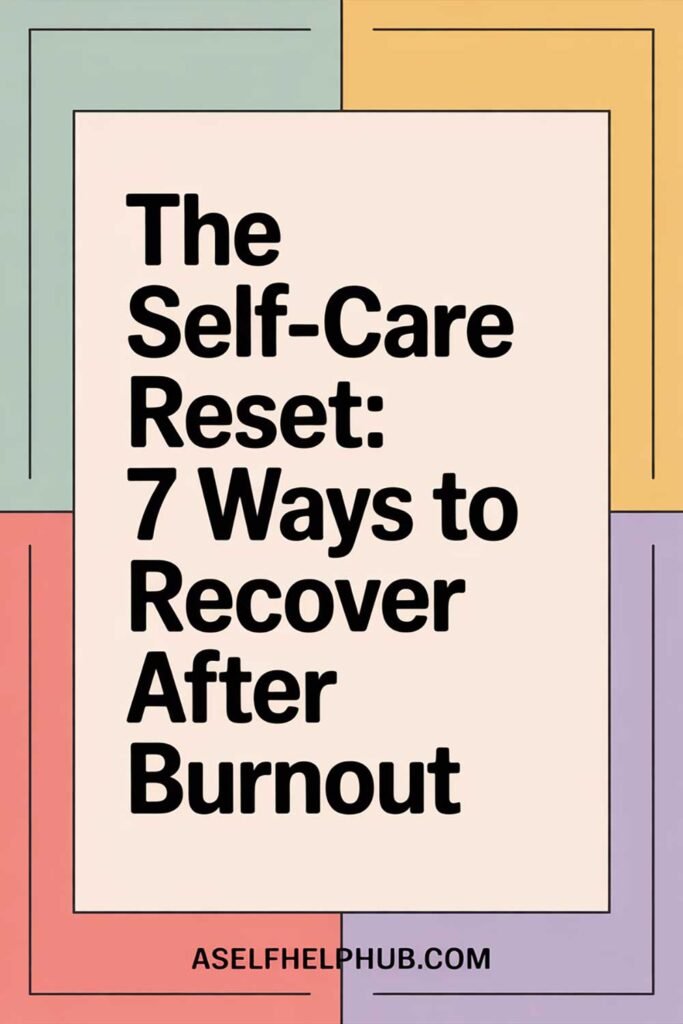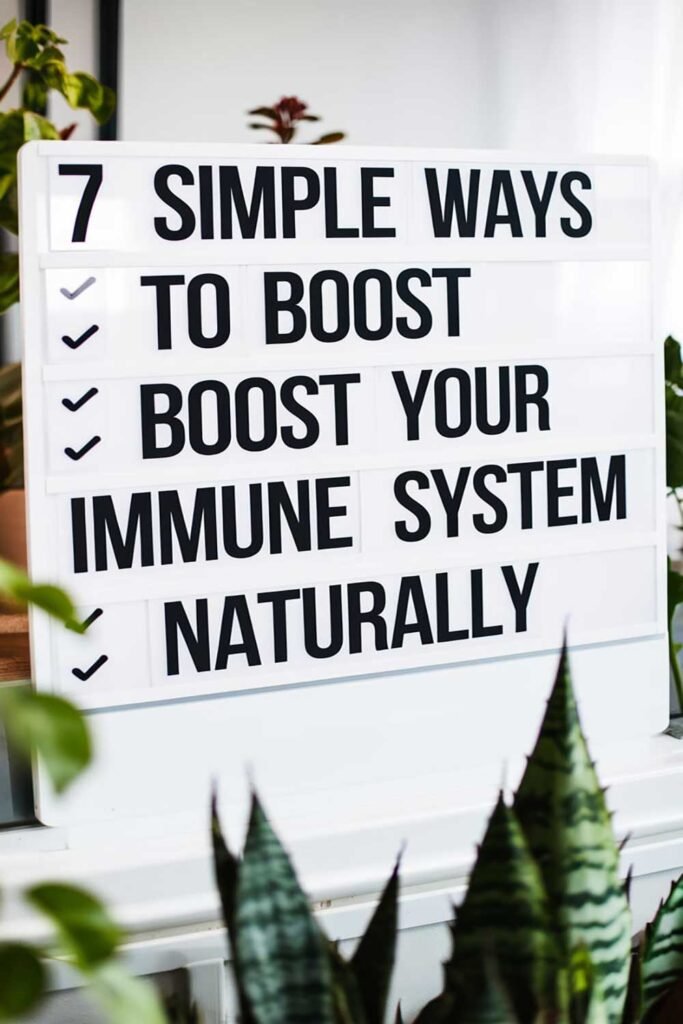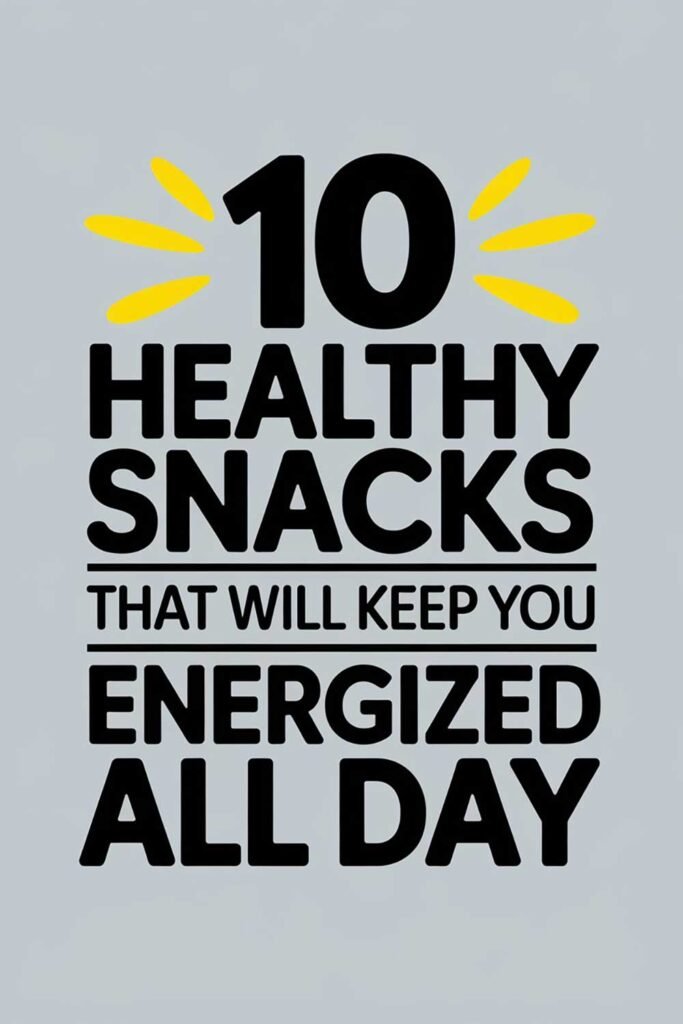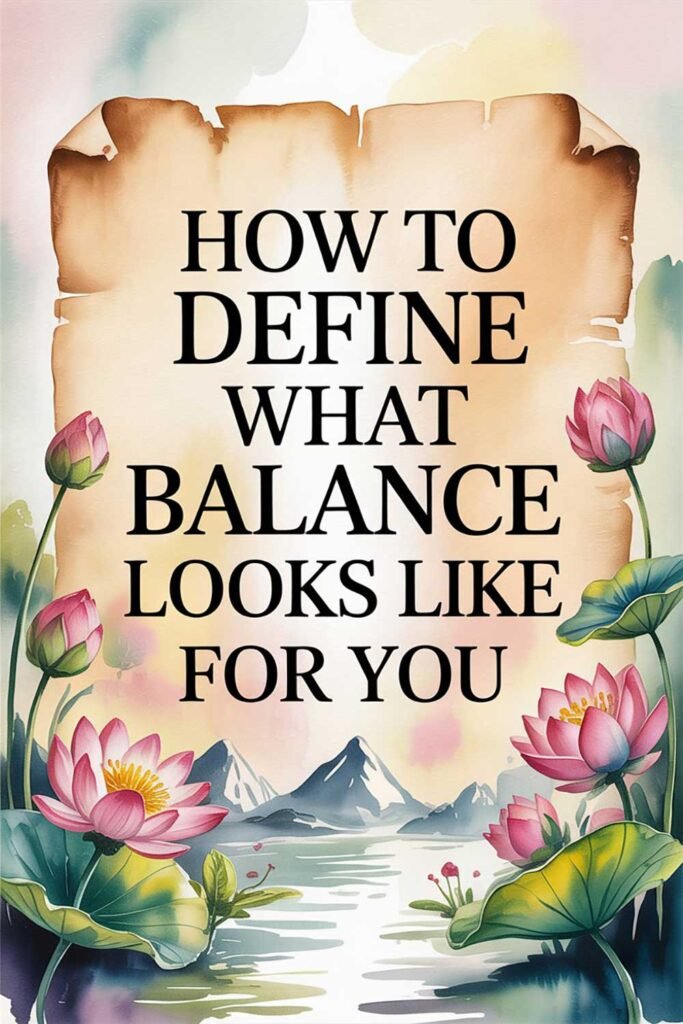7 Science-Backed Methods to Reduce Chronic Pain Naturally
Chronic pain can be debilitating, affecting daily life and overall well-being. While medications can help, natural methods backed by science can provide long-term relief without unwanted side effects. Here are seven proven ways to reduce chronic pain naturally.

1. Practice Mindfulness and Meditation
Mindfulness and meditation have been shown to reduce pain perception and improve overall mental well-being. Studies suggest that mindfulness-based stress reduction (MBSR) can help manage chronic pain by altering the way the brain processes pain signals.
How to Get Started:
- Set aside 5-10 minutes a day for mindfulness meditation.
- Use guided meditation apps or YouTube videos for support.
- Focus on deep breathing and body awareness to calm the nervous system.
2. Engage in Regular Physical Activity
Exercise releases endorphins, which act as natural painkillers. Low-impact activities such as walking, swimming, yoga, and tai chi can improve mobility, reduce inflammation, and alleviate pain without putting too much strain on the body.
Recommended Activities:
- Walking for at least 30 minutes a day.
- Gentle yoga poses to increase flexibility and reduce stiffness.
- Strength training with resistance bands to support joints and muscles.
3. Maintain a Healthy Anti-Inflammatory Diet
Certain foods have natural anti-inflammatory properties that can help reduce pain. Incorporate foods rich in omega-3 fatty acids (salmon, flaxseeds), antioxidants (berries, leafy greens), and anti-inflammatory spices (turmeric, ginger) to support overall pain management.
Foods to Include:
- Fatty fish like salmon and mackerel.
- Dark leafy greens such as spinach and kale.
- Nuts, seeds, and healthy oils like olive oil.
4. Try Acupuncture
Acupuncture, a traditional Chinese medicine practice, has been found to help alleviate chronic pain by stimulating specific points in the body. Research indicates that acupuncture can be particularly effective for conditions such as back pain, osteoarthritis, and migraines.
Benefits of Acupuncture:
- Stimulates the body’s natural pain relief mechanisms.
- Helps reduce inflammation and muscle tension.
- Improves circulation and promotes relaxation.
5. Get Quality Sleep
Poor sleep can increase pain sensitivity and reduce the body’s ability to heal. Establishing a consistent sleep routine, optimizing your sleeping environment, and practicing relaxation techniques before bed can improve sleep quality and reduce pain perception.
Sleep Improvement Tips:
- Maintain a regular sleep schedule, even on weekends.
- Keep your bedroom cool, dark, and quiet.
- Avoid screens at least an hour before bedtime.
6. Use Heat and Cold Therapy
Applying heat or cold packs can provide immediate relief for various types of pain. Cold therapy reduces inflammation and numbs sharp pain, while heat therapy relaxes muscles and improves circulation to ease stiffness and soreness.
How to Use:
- Apply a cold pack to inflamed areas for 10-15 minutes.
- Use a heating pad on sore muscles for up to 20 minutes.
- Alternate between heat and cold for maximum relief.
7. Manage Stress Effectively
Chronic stress can exacerbate pain by increasing muscle tension and inflammation. Techniques such as deep breathing, progressive muscle relaxation, and spending time in nature can help manage stress levels and promote pain relief.
Stress Reduction Techniques:
- Practice deep breathing exercises daily.
- Spend time outdoors to improve mood and relaxation.
- Engage in hobbies that bring joy and relaxation.
Additional Natural Remedies to Consider
1. Herbal Supplements
Certain herbs, such as turmeric, ginger, and devil’s claw, have been used for centuries to manage pain and inflammation.
2. Chiropractic Care
Regular chiropractic adjustments can help realign the spine, reduce tension, and alleviate chronic back and neck pain.
3. Essential Oils
Aromatherapy using essential oils like lavender, peppermint, and eucalyptus may provide pain relief and promote relaxation.
Inspirational Quotes
- “Your body hears everything your mind says.” – Naomi Judd
- “Healing is a matter of time, but it is sometimes also a matter of opportunity.” – Hippocrates
- “Pain is inevitable, but suffering is optional.” – Haruki Murakami
- “The art of healing comes from nature, not from the physician.” – Paracelsus
- “Take care of your body. It’s the only place you have to live.” – Jim Rohn
- “Healing doesn’t mean the damage never existed. It means the damage no longer controls our lives.” – Unknown
- “The first wealth is health.” – Ralph Waldo Emerson
- “Your health is an investment, not an expense.” – Unknown
- “Every day is a new opportunity to heal and move forward.” – Unknown
- “Small changes can lead to big results in your health journey.” – Unknown
Picture This
Imagine waking up feeling refreshed, free from the constant grip of chronic pain. You start your morning with gentle stretching, nourishing your body with anti-inflammatory foods. As the day progresses, you move with ease, feeling empowered by the natural techniques that help you manage pain. Each step brings relief, proving that small, consistent changes can transform your well-being and restore your quality of life.
Please Share This Article
If you found this article helpful, share it with someone who might benefit from natural pain relief methods. Let’s spread awareness and promote better health together!
Disclaimer
This article is for informational purposes only and does not constitute medical advice. Results may vary, and it’s always best to consult a healthcare professional before making any changes related to your health and well-being.
We are not responsible for any information provided or the results you may or may not experience. Always consult a physician before making any health-related changes.






